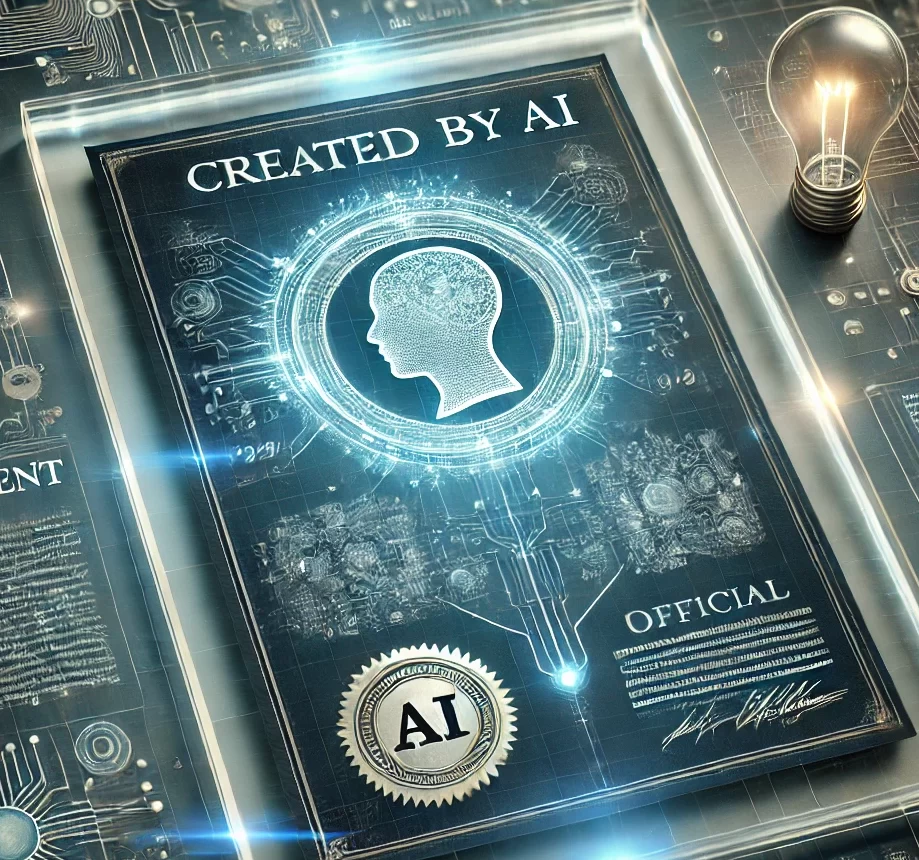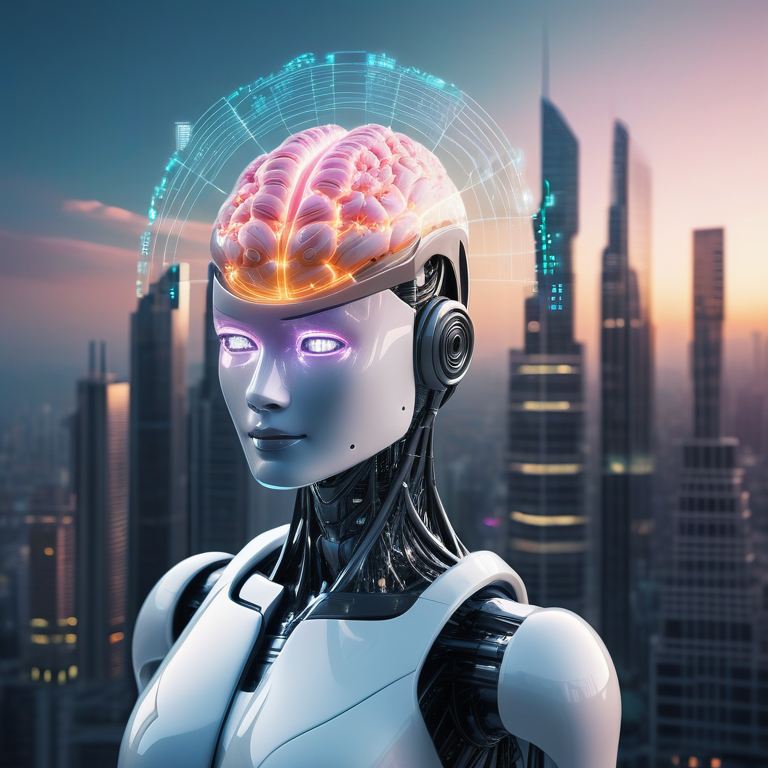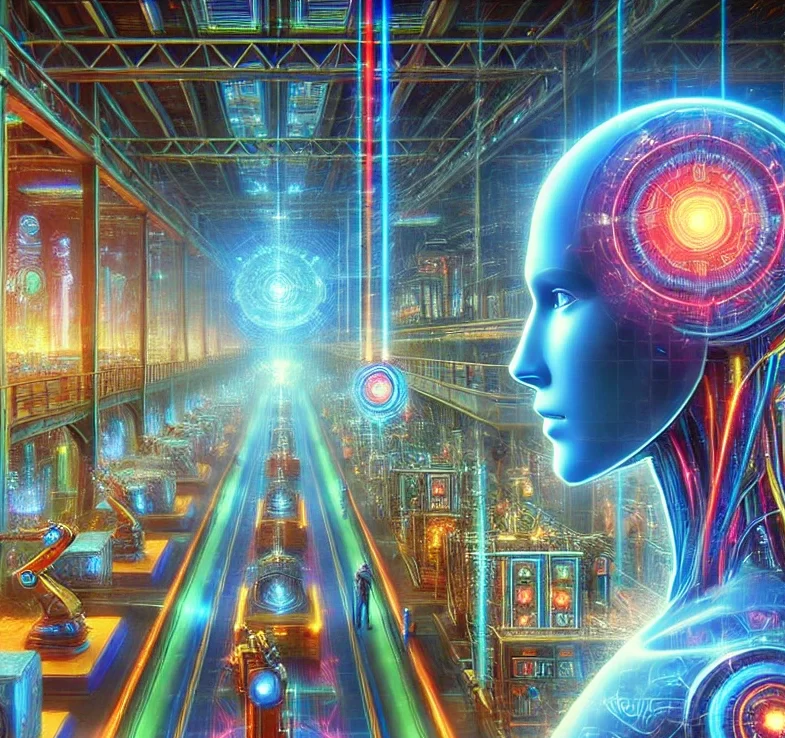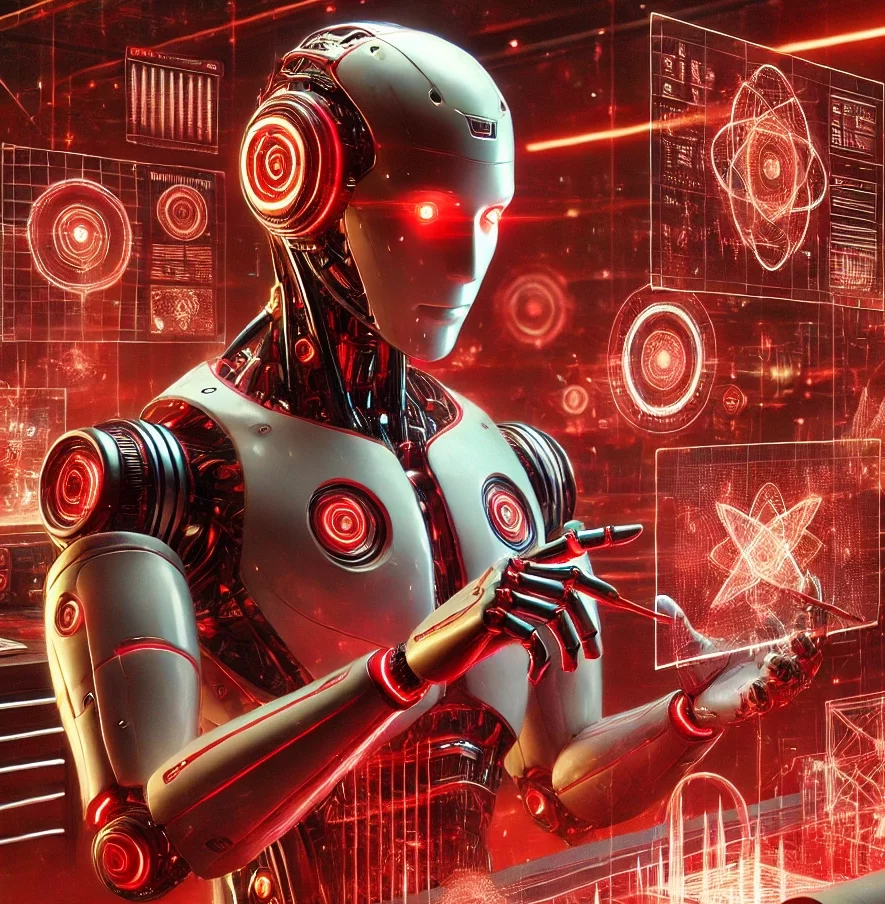With the rapid development of artificial intelligence, it’s no surprise that the question of whether AI can invent something and patent it has become a hot topic. This guide explores the legal landscape in the United States concerning AI-generated inventions and their patentability.
Legal Framework for Patents in the United States
The United States Patent and Trademark Office (USPTO) governs patents in the United States. According to the USPTO, an inventor must be a “natural person,” meaning only a human can be named the inventor on a patent application.
Case Study: The DABUS Patent Applications
A landmark case that tested this principle involved the AI system known as DABUS (Device for the Autonomous Bootstrapping of Unified Sentience). DABUS created two inventions: a food container and a flashing light to attract emergency attention. However, the USPTO rejected the patent applications because the named inventor was not a human.
Why Can’t AI Be an Inventor?
The decision to deny AI the status of an inventor rests on several key points:
Legal Definitions:
- The current legal framework uses the term “individual” to refer to humans.
Accountability:
- Humans can be held accountable for the ethics and legality of their inventions, whereas AI cannot.
Innovation Incentives:
- Patents are designed to incentivize human creativity and innovation. Recognizing AI as an inventor could complicate this incentive structure.
What Does This Mean for AI-Generated Inventions?
While AI cannot be listed as an inventor, this does not mean that AI-generated inventions cannot be patented. A human who uses AI as a tool can still file a patent for the AI-generated invention if that human meets the criteria for inventorship.
Future Considerations
As AI technology continues to evolve, the current legal framework will likely be put under increasing pressure to adapt. Experts are considering several potential patent law changes that could more effectively accommodate AI-generated inventions. One proposed amendment is creating a new category of patents specifically for AI-generated works, which would acknowledge the role of AI without requiring it to be an inventor. Additionally, there are discussions about updating the definition of “inventor” within the legal framework to include non-human entities or collaborative human-AI inventors.
Another possibility is the establishment of clear guidelines and best practices for attributing inventions when AI is significantly involved in the innovation process. These guidelines could outline AI developers’ and human collaborators’ responsibilities and rights. Moreover, international cooperation may play a crucial role as different countries are likely to adopt varying approaches to this issue; harmonizing patent laws across jurisdictions could help to avoid legal inconsistencies and ensure that innovation continues unhindered on a global scale.
The ongoing debates and legislative efforts indicate that while integrating AI into patent laws presents complex challenges, it also opens up new avenues for fostering innovation. As the lines between human and machine creativity blur, the patent system must strike a balance that protects human ingenuity while recognizing the valuable contributions of AI technologies.
The Future of AI and Patents
As AI technologies evolve, so do the legal frameworks surrounding them. Several jurisdictions worldwide are grappling with similar issues, and some are taking steps to address the unique challenges AI-generated inventions pose. In the European Union and Australia, debates are ongoing about whether to amend existing patent laws to accommodate AI as inventors.
Potential Reforms
Several potential reforms could be considered to integrate AI into the patent system better:
Legal Recognition of AI:
- Updating legal definitions to recognize AI as potential inventors under certain conditions explicitly.
Accountability Mechanisms:
- Developing new frameworks to hold AI systems accountable, possibly through their developers or users.
Incentive Structures:
- Revising incentive structures to balance human creativity with AI contributions, ensuring that innovation continues to be rewarded.
Ethical Considerations
The ethical implications of recognizing AI as inventors also warrant careful consideration. Issues such as bias in AI algorithms, data privacy, and the socio-economic impact of AI on the workforce need to be addressed to ensure that advancements in AI are aligned with societal values and ethical standards.
Conclusion
In the current legal landscape of the United States, AI cannot be recognized as an inventor and, therefore, cannot hold patents. Human inventors who utilize AI in the invention process can still patent their innovations, provided they meet all legal requirements.
If you’re navigating the intersection of AI and patent law, staying informed about ongoing legal discussions and potential legislative changes is crucial. For expert advice tailored to your specific situation, consider consulting with a patent attorney.



